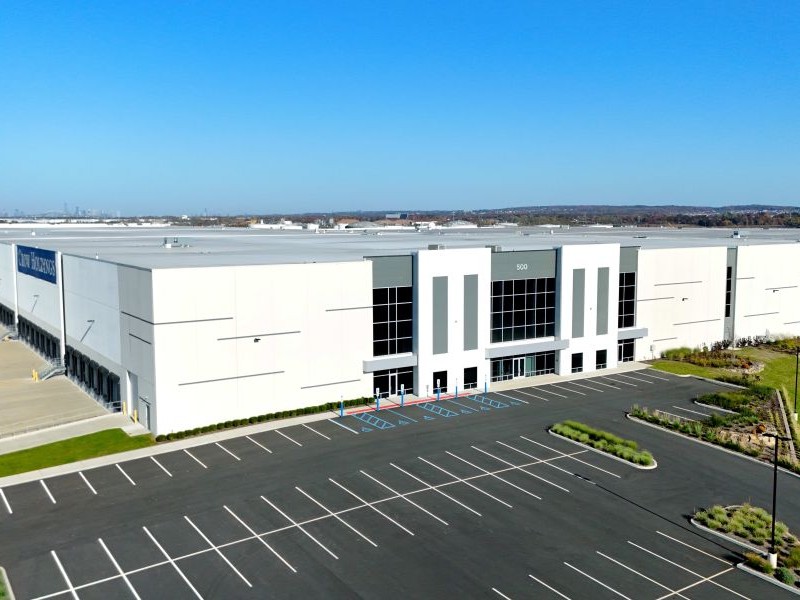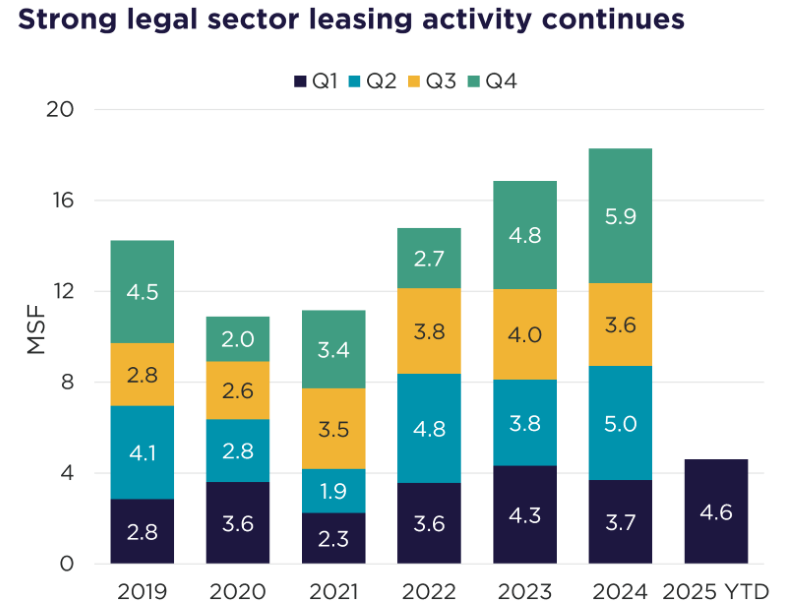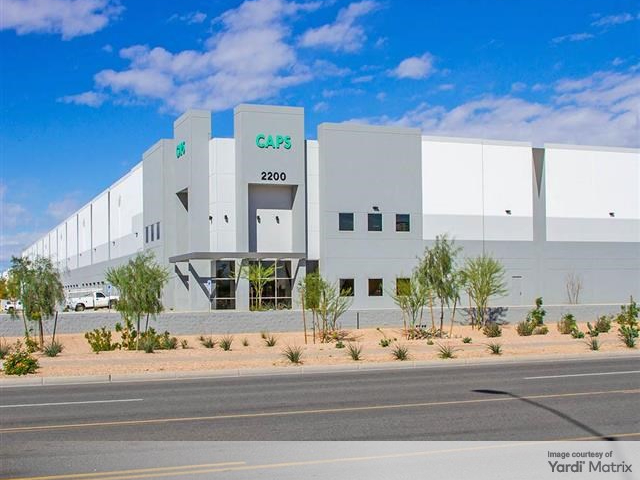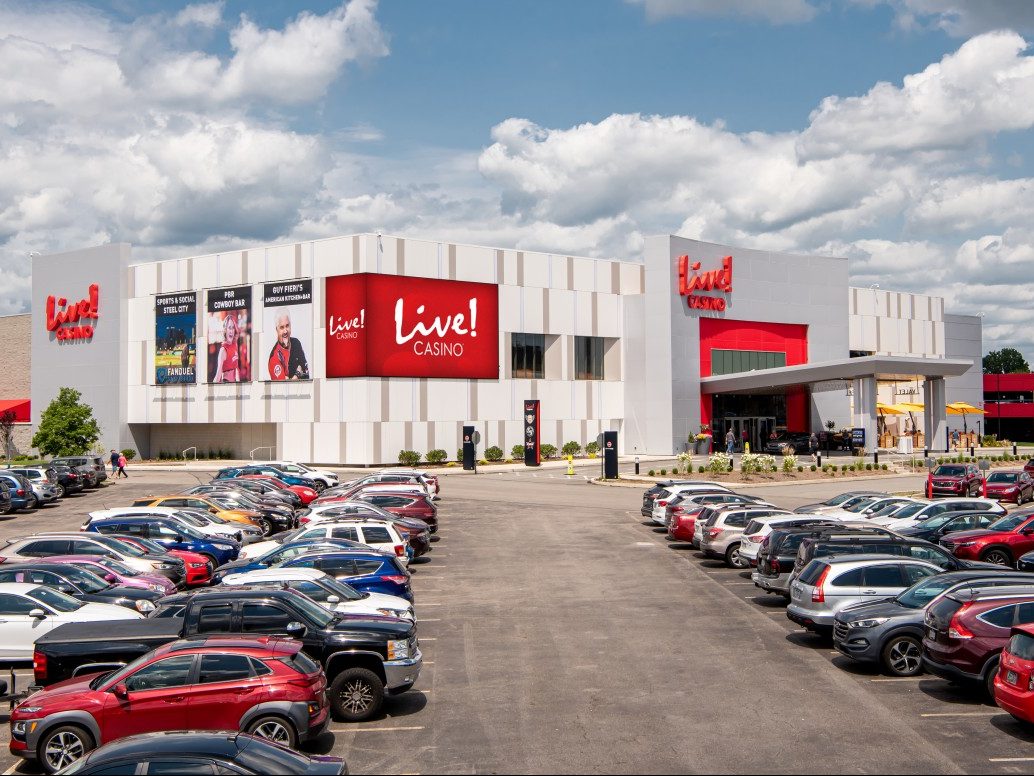Land Banks and Tech Companies Help Economic Growth
By Veronica Grecu, Associate Editor The sixth annual Land Bank Conference that was held in Detroit from June 5 to 7 at the MotorCity Casino Hotel reunited about 450 urban experts around the country. The discussions tackled the development and operation of land [...]
By Veronica Grecu, Associate Editor
The sixth annual Land Bank Conference that was held in Detroit from June 5 to 7 at the MotorCity Casino Hotel reunited about 450 urban experts around the country. The discussions tackled the development and operation of land banks throughout U.S. cities and finding opportunities for dealing with abandoned properties and vacant land accumulated through tax foreclosure. As expected, Detroit is an extreme example, with more than 60,000 abandoned and vacant properties.
The idea of the modern land bank was introduced ten years ago by Dan Kildee, president of the Center for Community Progress, the nonprofit organization that organized the conference. According to Dan Kildee’s concept, land banks are public authorities or nonprofit organizations that become legal owners of vacant and abandoned properties and then attempt to redevelop the properties or reshape the landscape to create public amenities.
As reported by The Detroit Free Press, Flint was among the first cities to develop this concept a decade ago. Several hundred residential sites have been cleaned up with the help of the local land bank, while several major properties in downtown have been redeveloped. Detroit’s land bank authority was created much later, in 2008, in an attempt to stimulate the city’s neighborhood stabilization and economic growth.
Signs of economic growth are also visible in Warren, where Detroit-based General Motors (GM) recently announced plans to invest $130 million to build a data center at its local technical center and renovate a former administrative building by 2015.
Plans for the energy-efficient data center include IT laboratories that will control General Motors’ digital applications globally, while reducing operating costs and decreasing energy use by 40 percent. According to a press statement issued by the company, GM expects that the facility will qualify for LEED certification upon completion. In the same press release Terry Kline, the company’s Vice President and Chief Information Officer, said that GM received substantial support from both the Warren community and the Michigan Economic Growth Authority.






